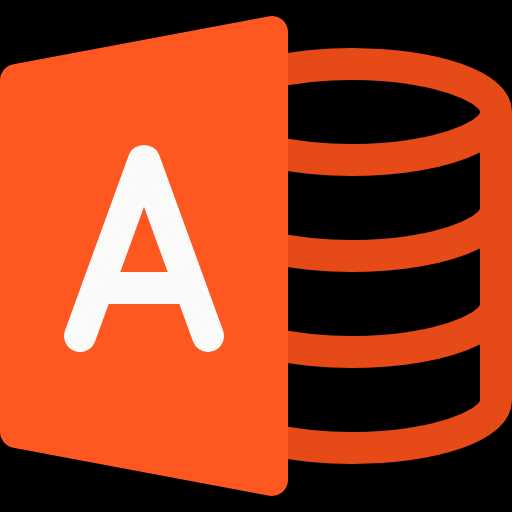How to host Microsoft access database online and use it virtually? Key benefits of Microsoft Access | Access Database Development
How to host Microsoft access database online and use it virtually? Key benefits of Microsoft Access.
A database is a collection of data that can be accessed by computers. The most common type of database is a relational database, which is organized into tables. Each table has a primary key, which is used to identify each record. Tables are linked together by relationships, which allow the database to be searched for specific information. Microsoft Access is a popular database program that allows users to create and maintain their own databases. Access also provides a graphical interface that makes it easy to create queries and reports. By using Access, users can take advantage of the power of relational databases without having to learn complicated programming languages.
One of the great things about Access is that it can be used on both Microsoft Windows and Mac OS X operating systems. While Access is a great application for managing data, one of the challenges that users face is how to host Microsoft access online.

How to host the Microsoft Access database online?
There are a few different ways that you can host your Microsoft Access database online. Each has its own set of benefits and drawbacks, so it’s important to choose the method that best suits your needs.
- One way to access your database online is to use a virtual private server (VPS). This allows you to have full control over your database, and you can customize it to meet your specific needs. However, VPS can be expensive, and it requires a certain level of technical expertise to set up and maintain.
- Another option is to use a cloud-based solution such as Amazon Web Services (AWS). AWS is a popular choice for hosting databases because it’s relatively easy to use and it’s very scalable. However, you may have less control over your database when using AWS, and it can be more expensive than other options.
- Finally, you can also host your database on your own web server. This gives you the most control over your database, but it requires more technical expertise to set up and maintain.
No matter which option you choose, there are a few things to keep in mind when hosting your Microsoft Access database online.
- First, make sure that your database is properly backed up. This is important in case something goes wrong with the host or the connection.
- Second, be sure to secure your database so that only authorized users can access it.
- And third, make sure that your database is always up-to-date to ensure that you’re getting the most accurate information.
Step by Step guide on how to host a Microsoft access database online
1. Create an account with a web hosting service that supports Microsoft Access databases
2. Upload your database file to the host server
3. Create a user account for each person who needs to access the database
4. Each user will need their own login details and permissions
5. Create a connection string so that users can connect to the database from their devices
6. This can be done using an ODBC connection or by using a web-based interface such as PHPMyAdmin
By following these steps, you can host your Microsoft Access database online and use it virtually.
Drawbacks of using this method
- The web hosting service may charge a fee for hosting the database.
- Users will need to have an internet connection in order to access the database.
- The database may be slower to load than if it were stored locally on a user’s computer.
7 Key benefits of Microsoft access
1) Ease of use: One big selling point for Access is its ease of use. If you’re familiar with Microsoft Office products such as Word and Excel, then you’ll be able to quickly get to grips with Access. Even if you’re not familiar with Office products, the learning curve for Access isn’t steep.
2) Reduced development time: Access can help you develop applications quickly. This is because it comes with a range of built-in templates that you can use to create your application. You can also use VBA (Visual Basic for Applications) to automate tasks and speed up the development process.
3) Scalability: Access databases can be scaled up to meet the needs of larger organizations. This is because they can be hosted on a server such as Microsoft SQL Server or Azure SQL Database.
4) Integration with other Office products: Access integrates well with other Office products such as Word and Excel. This makes it easy to share data between applications.
5) Rich feature set: Access comes with a rich feature set that includes a report builder, form builder, and pivot table wizard. This makes it a very versatile tool for creating business applications.
6) Cost-effective: Access is a very cost-effective solution for creating database applications. This is because it’s part of the Microsoft Office suite of products and is therefore much cheaper than buying a separate database application.
7) Flexibility: Access databases are very flexible and can be customized to suit the needs of your organization. This includes the ability to create custom reports, forms, and queries.
Conclusion
Microsoft Access is a very versatile tool for creating database applications. It’s easy to use, has a rich feature set, and is very cost-effective. It’s also flexible and can be customized to suit the needs of your organization. However, one downside is that it requires a web hosting service in order to be used online. Another downside is that users will need an internet connection in order to access the database. Overall, though, Microsoft Access is a great solution for creating database applications.

Contact us to learn more about how we can help you create a custom Access database for your business.
